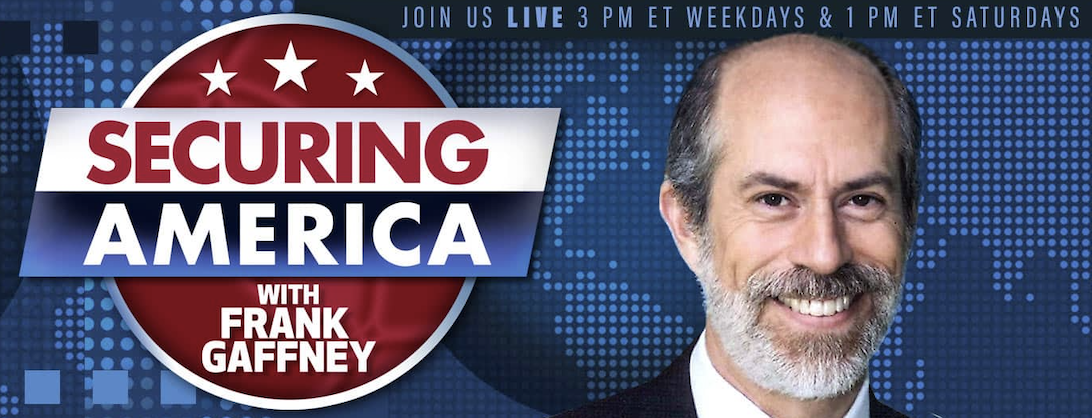Episodes

Friday Sep 30, 2011
Tom Trento, Victor Davis Hanson, Roger Noriega, Bill Gertz
Friday Sep 30, 2011
Friday Sep 30, 2011
Early this morning, news emerged that one of the proponents of the Fort Hood shootings and the 2009 “underwear bomber” Anwar al-Awlaki was killed in a CIA drone bombing in Yemen. Will the death of this US-born cleric bring an end to an era or will other jihadists finally emerge? Tom Trento of the United West discusses with Frank how the United States government is finally going after Americans who have acted against the Constitution. Although his death is a great success for the US, it also revealed that al-Awlaki was merely an actor in a network of jihadists and that we should prepare ourselves for more in the future. Only by attacking the theological system of Sharia can the United States win the War on Terror. It is also vital that the leaders of the US government understand the need for better training for FBI agents and intelligence officers. Instead of crippling them with political correctness, we ought to give them the tools to defend the United States’ Constitution.
What starts and ends wars in the Middle East? The famed historian and the Martin and Illie Anderson Senior Fellow at the Hoover Institution, Victor Davis Hanson continues today’s show answering the question of a possible war between Israel and it neighbors in the region. The situation for Israel is looking more and more hostile than it has in the last thirty years, as former allies to Israel such as Turkey are angling for more confrontation. Although there were major conflicts in 1973, 1982, and 2006 in the Middle East, what stopped them from turning into full-blown wars? Hanson states that a strong stance from the US blocked the region from turning totally volatile. However, all this has changed due to Obama’s weak Middle Eastern policy. Thus, it is only a matter of time before things turn sour for Israel and the United States under Obama’s leadership will be unable to step in to stop it.
Regular guest at Secure Freedom Radio and our resident expert on Latin American affairs, Roger Noriega of AEI shares novel news of Hugo Chavez’s cancer treatments. While the state sponsored press says he is on the upswing, Noriega’s sources continue to confirm that Chavez is not responding well to chemotherapy. Therefore, it is imperative that the United States prepares for a post-Chavez world and the opportunities it will open for possible democracy in Venezuela. Additionally, if Roberta Jacobson officially assumes the head of the Bureau of Western Hemisphere Affairs in the Department of State, then what will her leadership mean for foreign policy in Venezuela and Mexico? As a career foreign service officer, she was in charge of the delivery of US assistance to Mexico. While it is important to continue such trends, Noriega argues that as head of the Bureau she should start treating Venezuela as a priority for intelligence collection.
National Security Writer for the Washington Times, Bill Gertz continues the discussion of the US airstrike that killed al-Awlaki and its implications for US national security. The strike in Yemen was carried out by a joint special operations and CIA effort that had been targeting him since May. Gertz also shares with Frank the story of a senior Pentagon official who criticized retiring chairman of the Joint Chiefs of Staff, Adm. Mullen, for speaking the truth about Pakistan’s involvement in past terrorist attacks. This official stated that the intelligence was not clear on the matter and it was not Adm. Mullen’s place to speak on such a topic. Instead of condemning ISI’s actions, the US Department of State is working towards appeasing Pakistan by decreasing the number of drone attacks.

